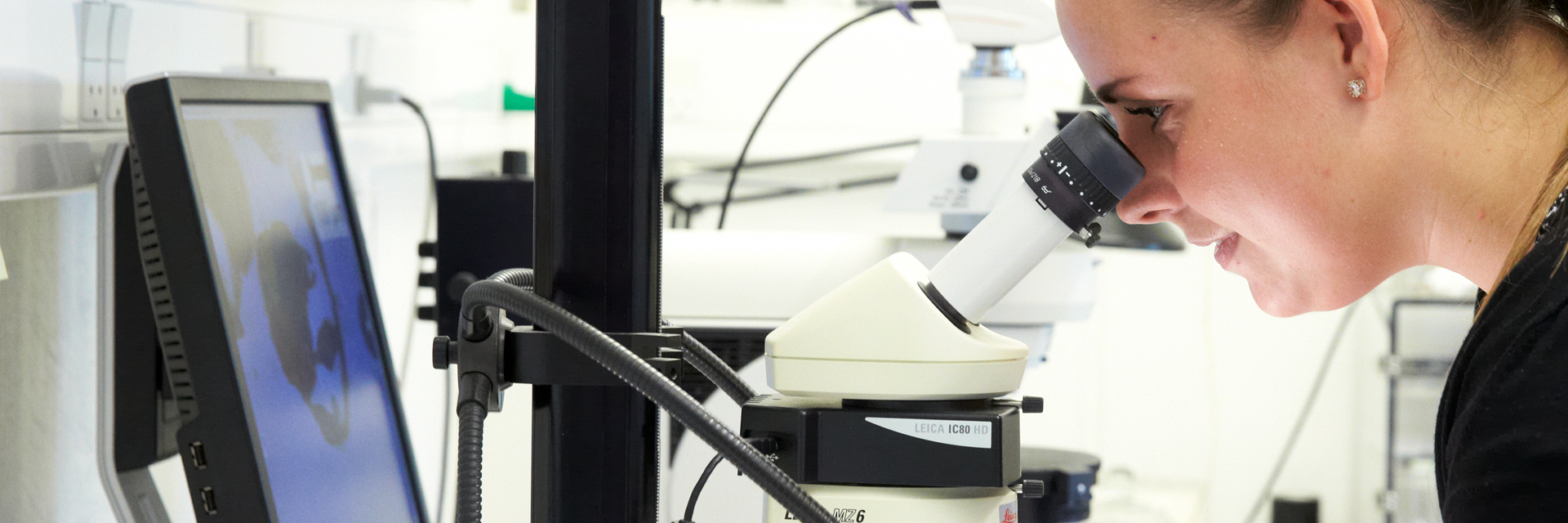Policy webinar: Future of Industrial Carbon Management in the EU
The European Union has set ambitious goals for Industrial Carbon Management (ICM) to help achieve deep emissions cuts and maintain the competitiveness of energy-intensive industries. From the North Sea to the Mediterranean and Black Sea, ICM projects are growing but their success depends on targeted policies, adequate funding, and public trust.
The ConsenCUS project (2021–2025) has developed innovative carbon capture and utilisation methods, assessed CO2 storage potential, and examined public perception of ICM. As the project concludes, this webinar will present its key policy findings and engage stakeholders in discussing how ICM can best contribute to Europe’s climate and industrial goals.
As part of EPG’s work in the ConsenCUS project, EPG experts have written two policy papers about challenges and recommendations for ICM deployment. The most recent policy paper provides input for this second webinar. Interested in our previous webinar? You can watch it here.
Replay webinar
Please note that you need to accept the marketing cookies to view the video on our website. You can also watch it on YouTube by clicking this link.
Practical information
- Date & Time: 24 September 16.30 – 18.00 CEST
- Location: Online webinar (WebinarGeek)
- Language: English
- Deadline: 22 September 2025
Participation is free of charge, but registration is required.
Programme
- 16:30 Word of welcome
- 16:35 Introduction to ConsenCUS project
- 16:40 Key findings from the second ConsenCUS policy paper
- 16:45 Initial reactions from panellists
- 17:00 Panel discussion on the future of ICM policy in the EU
- 17:30 Q&A with audience
- 17:45 Summary and wrap-up
- 18.00 End time
This webinar is organised for policymakers, researchers, and developers active in industrial decarbonisation and carbon management or interested in this topic.
Speakers & panellistst
Eadbhard Pernot – Secretary General of Zero Emissions Platform (ZEP). ZEP is the official advisor to the European Union on Industrial Carbon Management. Their mission is to accelerate the deployment of industrial carbon management across Europe.
Tom Mikunda – Senior Policy Manager at Bellona Europa. Bellona foundation is an international science-based non-profit organization headquartered in Norway. They are “fighting for science-based solutions for climate, pollution, and eco-systems”.
Mijndert van der Spek – associate professor, School of Engineering & Physical Science, Institute of Mechanical, Process and Energy Engineering, Heriot-Watt University, Edinburgh, UK (researcher in the project). Mijndert is member of the RCCS, Research Centre for Carbon Solutions and his main research interest are: CCUS system analysis, process modelling and economics, direct air capture, and uncertainty analysis. He trained as an energy systems engineer and policy analyst at Delft University and pursued his PhD on TEA and Environmental analysis of CCU and CCS technologies.
Mihnea Cătuți – Energy Policy Group (project partner). EPG’s main research interests: industrial decarbonisation, climate policy, CCS, and public perception of decarbonisation technologies.
Moderator:
Dirk Koppert – project manager at New Energy Coalition an the project manager of the ConsenCUS project.
About EPG
EPG is an independent, non-profit think tank focused on energy and climate policy in Romania and the European Union. Founded in 2014, EPG operates as a policy research institute primarily financed through competitive grants, philanthropic organisations and, to a limited extent, private sector projects. EPG aims to promote an evidence-based dialogue on how to balance decarbonisation, economic competitiveness and social fairness, engaging decision-makers, industry, and the public.
